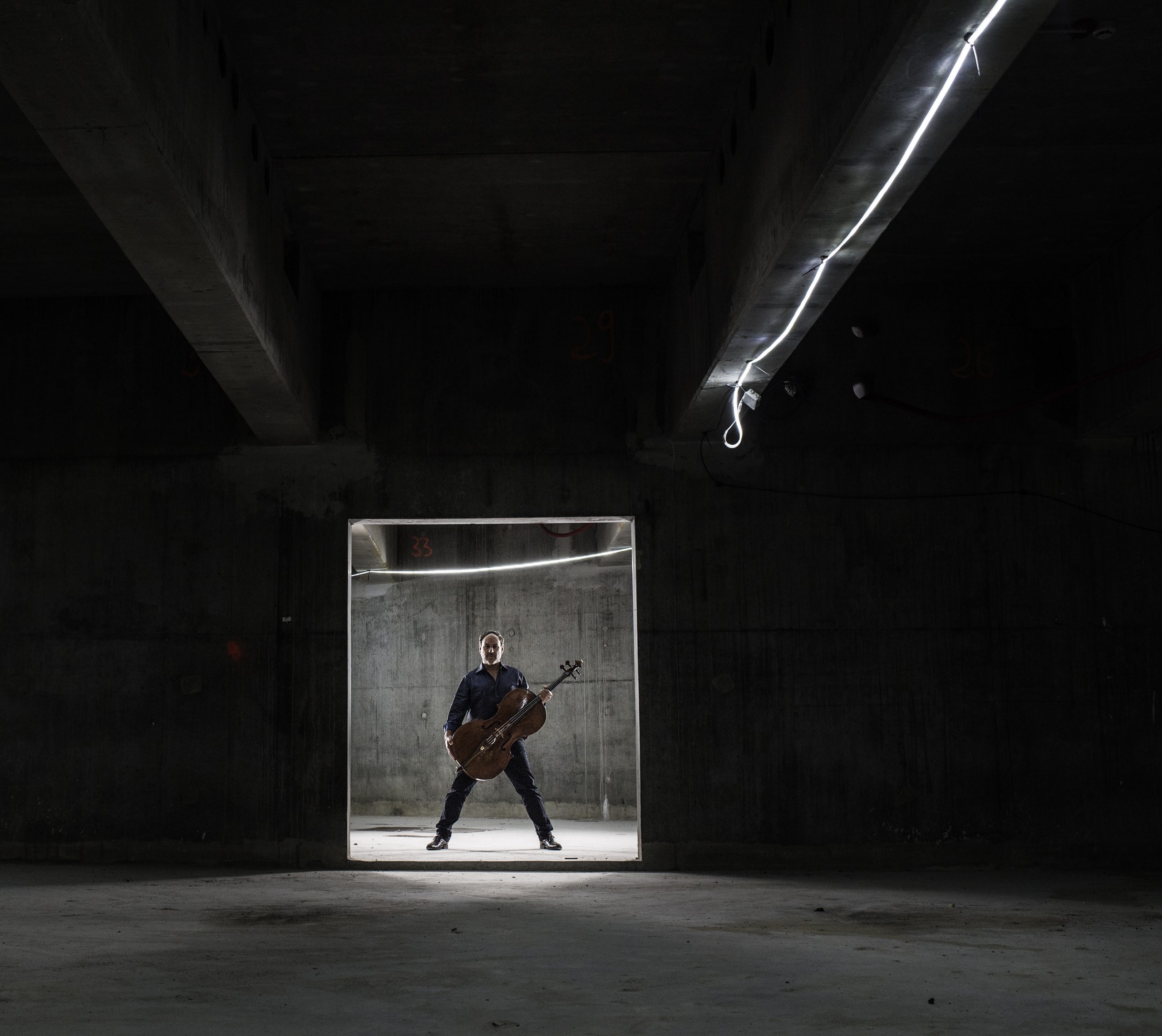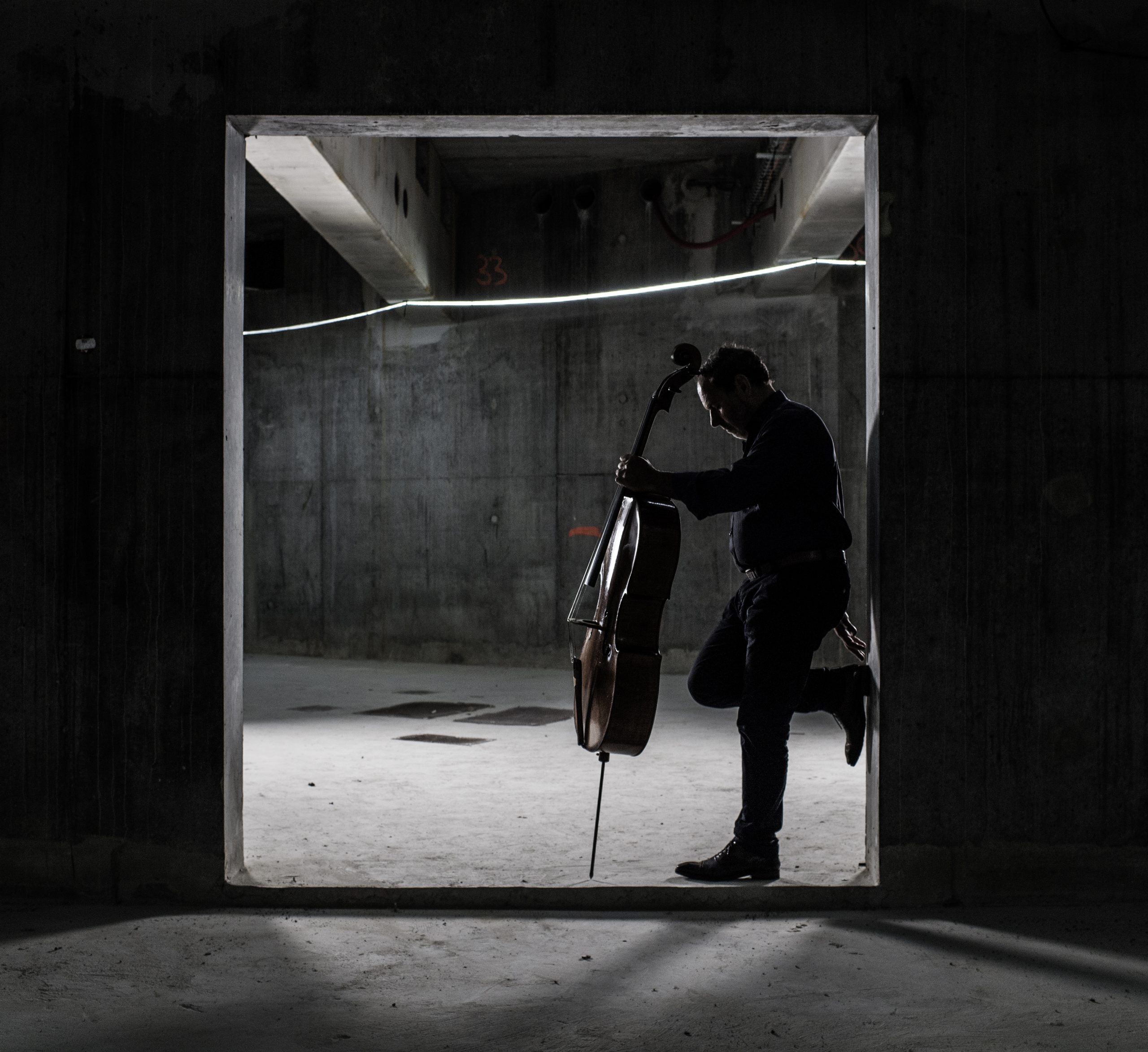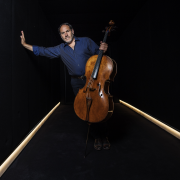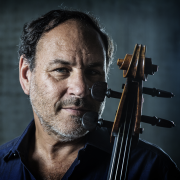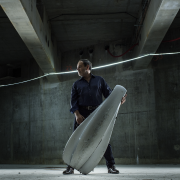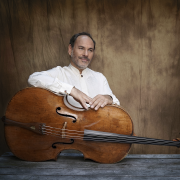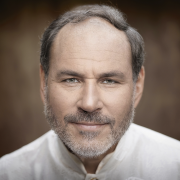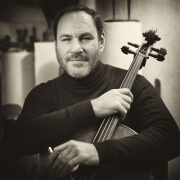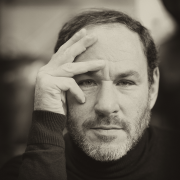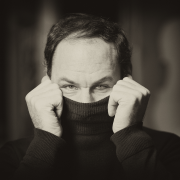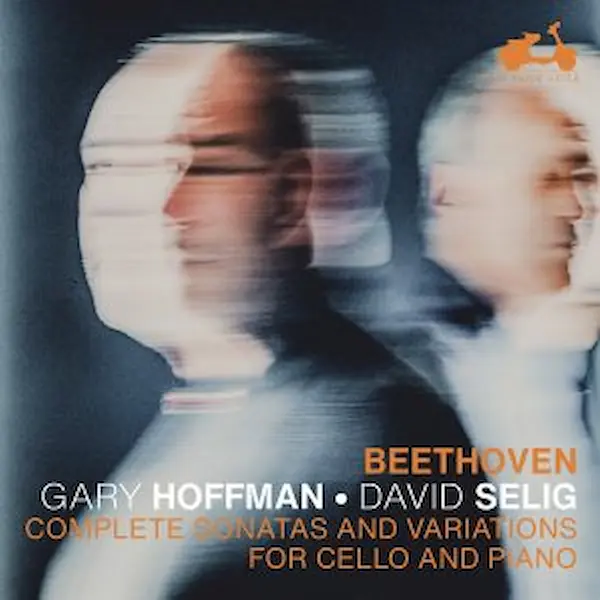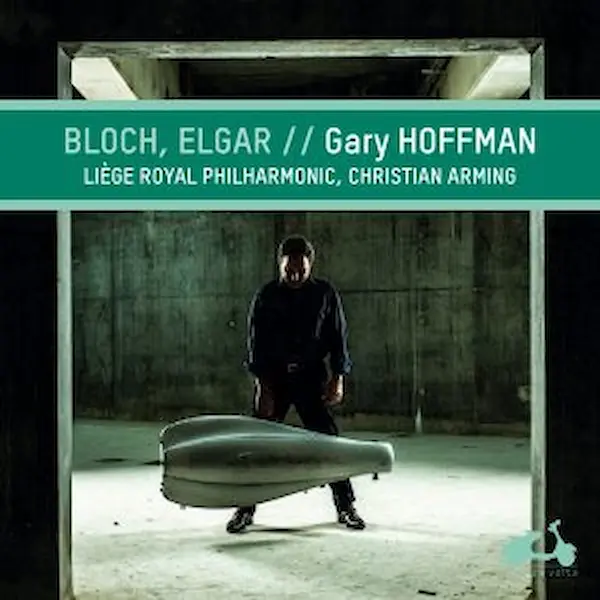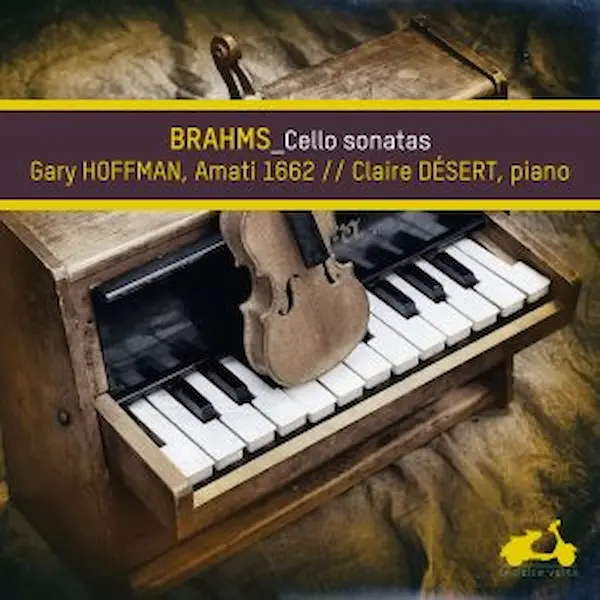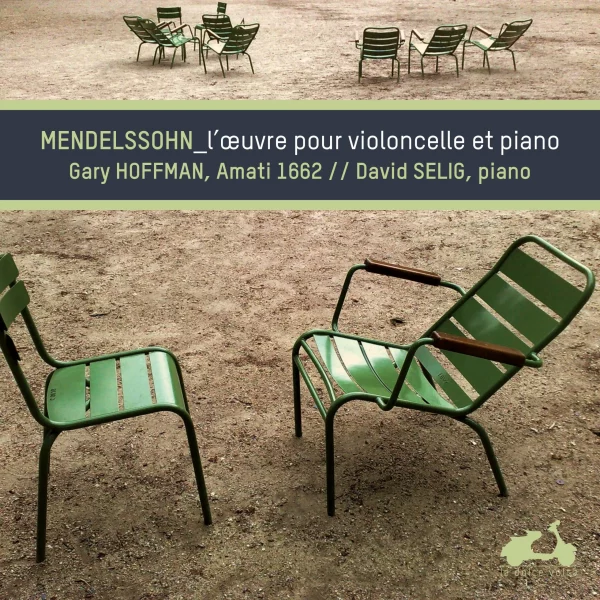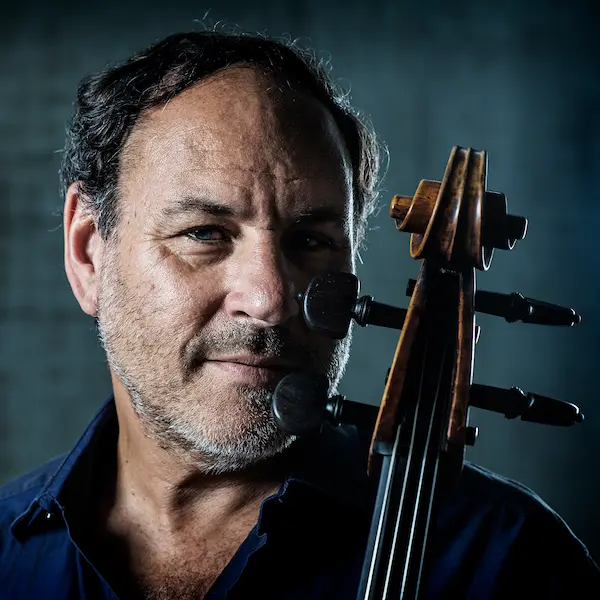
Gary Hoffman
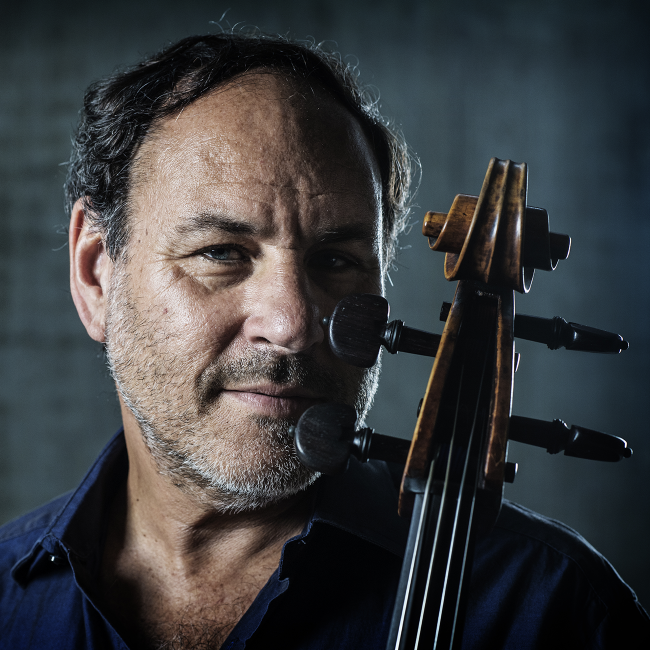
Gary Hoffman
Gary Hoffman: a passion for wide open spaces
‘We play the way we are.’ Those few words have rarely sounded so true as in the case of Gary Hoffman. In front of audiences or of his students at the Queen Elisabeth of Belgium Music Chapel and the most prestigious American campuses, he does not come to deliver a message. He stands before us, not to please us. He plays out of necessity, because music and life are one. It seems so simple in a world awash with images, slogans and attitudes.
Like any poet of the concert platform, Gary Hoffman took responsibility for his choices early on. Thanks to his parents, both professional musicians, and later to his teachers, Karl Fruh in Chicago and, even more vital, János Starker, he is a stranger to compromise. Winning the Premier Grand Prix of the Rostropovich Competition in Paris in 1986 opened doors for him. For all that, he has never made any concessions in his artistic decisions.
He plays to be himself. The rules impose themselves naturally: to master the instrument’s technique and enter step by step into the universe of a work. But to what end? If it is to seek perfection, Gary Hoffman is happy to miss his turn . . . But if his playing awakens the beauty of a phrase and he can share its light with others, the artist is fulfilled. In his eyes, the cult of efficiency and volume never takes precedence over the expression of beauty, which has nurtured him since his youth, when he listened to the greatest musicians and discovered cinema and painting, his other passions. To build a philosophy of life through art: is there any nobler ambition?
He plays to transmit absolute respect for the score, but also the need to question tradition. To admire is not to be enslaved. His recordings for La Dolce Volta bear witness to this. To walk onto the platform, to observe the microphone that picks up the soundwaves, is to have already thought, to have forbidden oneself no reflection, even if it should run counter to current fashion. To young musicians, he passes on an appetite for doubt, curiosity and risk, from the standard repertoire to new music. Why do we find so many artists of the past so appealing, when we now readily acknowledge the imperfections in their playing? How could he not already sing in his mind’s ear, even before placing his bow on the strings of the Nicolò Amati cello of 1662 which accompanies him everywhere and which once belonged to Leonard Rose?
He plays for an ideal, ever since his debut at London’s Wigmore Hall at the age of fifteen: to serve the composer, most assuredly, with a proposal, his proposal. It is impossible, in that case, to lie to oneself under the gaze of a Pablo Casals or an Artur Rubinstein. Gary Hoffman recalls one of the most moving moments of his life, when he saw Rubinstein walk across the platform to the keyboard. The simple movement of his body in space became the essence of his existence, the prelude to the ineffable. It is silence, that refuge between the notes which produces music. Music is sufficient unto itself: it soothes the sorrows of life. Gary Hoffman makes no distinction between the word and the vibration of the string . . . All is delicious confusion and wonderful unpredictability. Like life.




